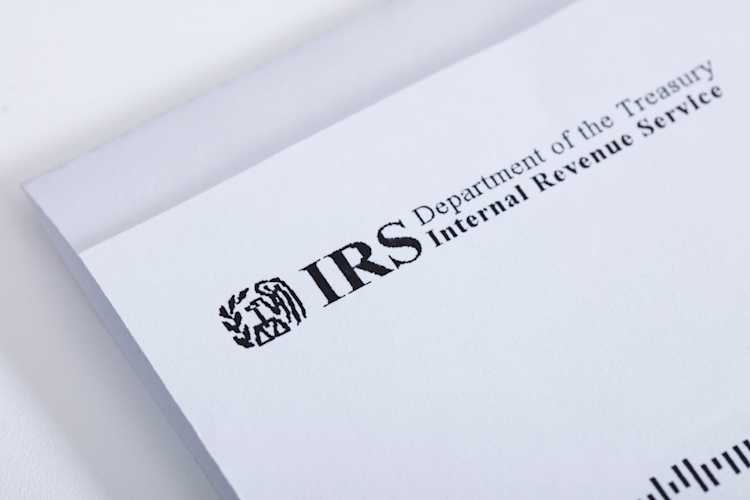
Suppose you’ve been haggling with the IRS over the amount of tax money you owe.
Strategy: Investigate the IRS’ Offer in Compromise (OIC) program. It allows you to agree to a plan that gets you off the hook for good. However, this isn’t “The Godfather.” The IRS can—and often will—turn down your offer. And you can’t threaten them!
Here’s the whole story: An OIC is an arrangement settling a tax debt with the IRS for less than the full amount that is owed. Once you meet your obligations under the OIC program, the IRS can’t pursue you for those back taxes—ever. For starters, you must have filed all tax returns, made all required estimated tax payments for the current year and deposited payroll taxes for the current quarter if you’re a business owner. Otherwise, you won’t qualify to participate in the program. Make a formal offer to the IRS by completing Forms 433-A and 656. (If you’re claiming that the stated tax liability is inaccurate, you may also file Form 656-L.) In most cases, it’s best to leave the nitty-gritty to your tax pro. In addition, you must cough up a nonrefundable $205 application fee and the first payment toward the proposed balance. The form requires you to provide detailed personal information about your monthly income, assets, debts, rent, utilities, groceries and other regular expenses. Key point: The IRS won’t agree to an OIC unless the amount offered is equal to or greater than the reasonable collection potential (RCP). RCP includes anticipated future income (minus an allowance for basic living expenses) plus balances in financial accounts plus what could be collected from selling your assets, including real estate, vehicles and so forth. The IRS will accept an OIC based on one of three grounds.
1. There is legitimate doubt as to liability. A compromise meets this requirement only when there’s a genuine dispute regarding the existence or amount of the tax debt. 2. There is legitimate doubt that the amount owed is fully collectible. 3. The compromise facilitates effective tax administration. This means that requiring payment in full would either create an economic hardship or would be “unfair and inequitable.” Important: The IRS may return your offer under certain circumstances. For instance, you may have more work to do if:
• You haven’t provided all the information requested on the application. • You haven’t filed all required tax returns.
• You haven’t made all required estimated tax payments for the current tax year.
• You haven’t been billed for at least one tax debt reflected in your offer.
• You’re currently in a bankruptcy proceeding.
• You haven’t paid your taxes or filed tax returns while you’re waiting for the IRS to respond.
• Your case has been forwarded by the IRS to the Department of Justice (DOJ).
• Your tax debt has been ordered by a court.
• You don’t pay the application fee (this requirement is waived for certain low-income applicants).
Tip: If the IRS returns the application, you can reapply to the OIC program after you’ve addressed the issues in question.
